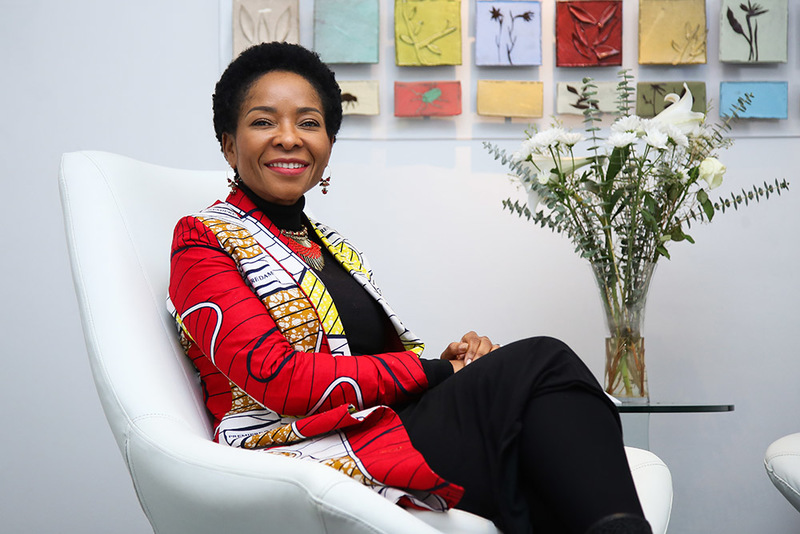Zero tolerance towards fraud
01 October 2018 | From Kgethi
Dear colleagues
I am writing about a very important matter and I hope you will give this letter your full attention.
The large amounts of money that circulate in and out of the University of Cape Town (UCT) put each of us in a position of responsibility and accountability. Reporting requirements are put in place to provide each of you with a mechanism to account for every rand you are responsible for spending on behalf of the institution. The Finance Department is constantly introducing new and better ways to conduct internal audits and carry out reporting procedures. Managers are tasked with the responsibility of accounting for the funds that are used by their teams. Errors will, of course, be made, but with such mechanisms in place they can also be identified and rectified, and this is to everybody’s benefit.
There may, however, be occasions when a colleague thinks there is an opportunity to skirt around this mechanism of accountability. Please be assured that any such attempt will be discovered eventually and will be followed by strict disciplinary and legal action.
UCT, as a publicly funded institution, supports and fosters a culture of zero tolerance towards fraud and corruption in all of our activities. In 2017 the university Council approved a Fraud and Corruption Prevention Policy, which was widely communicated to all internal stakeholders. This policy supports good and responsible governance of all UCT funding in accordance with the Higher Education Act, 1997, as amended, as well as related regulations such as the Prevention and Combating of Corrupt Activities Act, 2004 (PRECCA).
In terms of Section 34(1) of PRECCA, any person who holds a position of authority as defined in section 34(4) of the Act, who knows or ought reasonably to have known or suspected that any other person has committed an offence (or corruption) in terms of the Act, or theft, fraud, extortion, forgery or uttering (unlawfully and intentionally passing off) of a forged document involving R100 000 or more, must report such knowledge or suspicion to any South African Police Service official. This is mandatory according to the law.
I am addressing this issue for two reasons. One is that UCT has a whistle-blowing hotline available for anyone who suspects that UCT funds are being misused in any way. This service is private and confidential and every complaint will be investigated.
The second reason for this email is to inform you that, through UCT’s robust internal control processes, we have uncovered specific instances where potential fraud may have occurred. These instances are being investigated. If we determine that fraudulent activity has taken place, the perpetrators will be dealt with in line with approved policies and guidelines.
If you have any questions about how financial accountability is monitored in your unit, please discuss this with your manager or send queries via email to director.finance@uct.ac.za.
Sincerely
Professor Mamokgethi Phakeng
Vice-Chancellor
Read previous communications:
 This work is licensed under a Creative Commons Attribution-NoDerivatives 4.0 International License.
This work is licensed under a Creative Commons Attribution-NoDerivatives 4.0 International License.
Please view the republishing articles page for more information.










